Home › Singapore Buzz › Sands of care: How to enjoy Singapore’s beaches responsibly
Home › Singapore Buzz › Sands of care: How to enjoy Singapore’s beaches responsibly
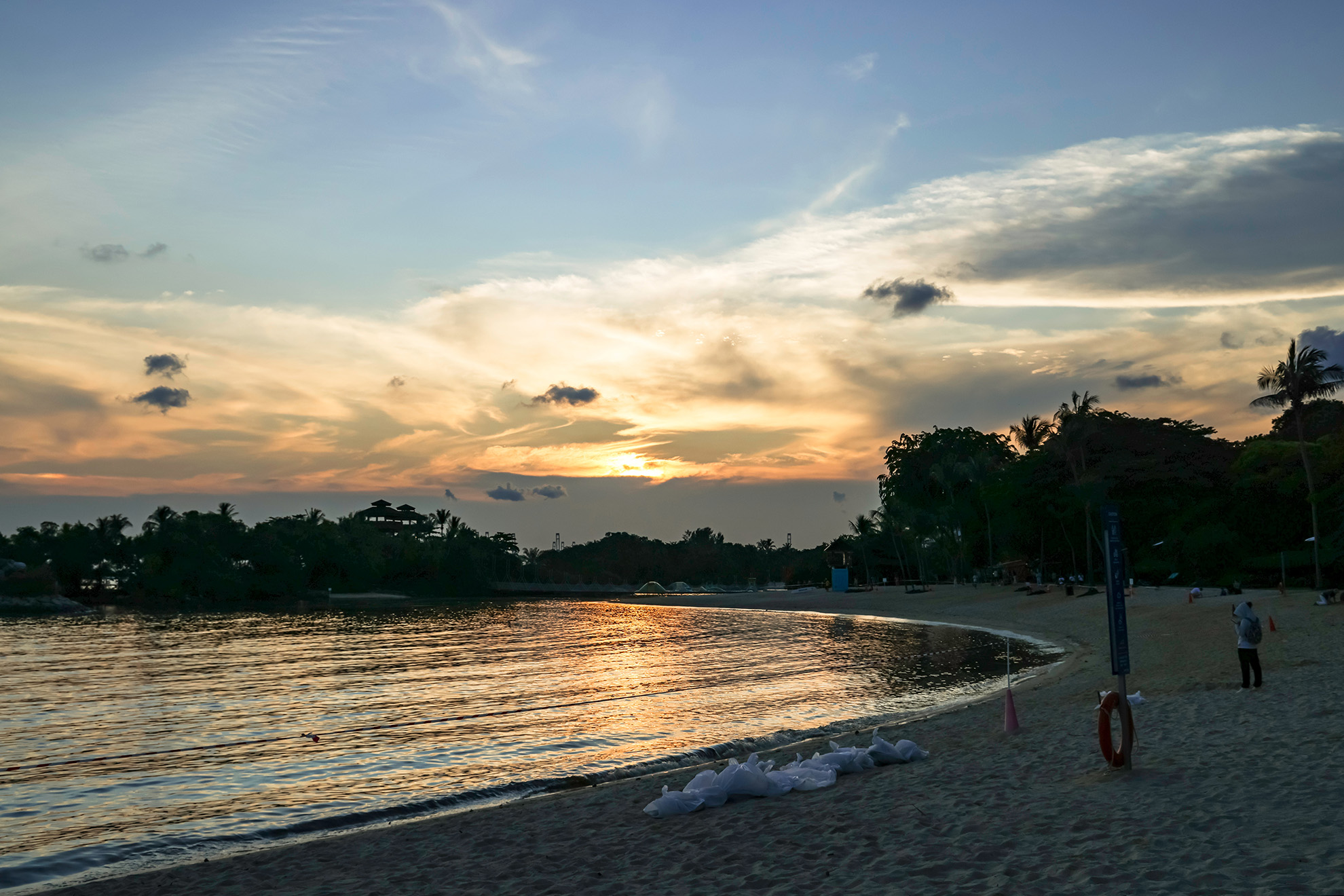
In the wake of the oil spill earlier in June, it’s time to take action and help preserve our shores.
On 14 June 2024, a collision between a dredger and a bunker vessel resulted in a 400-tonne oil spill. The closure of several beaches — including those at Sentosa, East Coast Park, Labrador Nature Reserve, and Tanah Merah — made Singaporeans acutely aware of the value of our seaside spaces.
Although the spill has largely been cleaned up — thanks to the efforts of over 700 dedicated individuals — it’s now our turn to show appreciation by taking steps to preserve and protect these precious natural assets. From small gestures to significant efforts, here are some ways you can help keep our beaches safe and pristine for future generations.
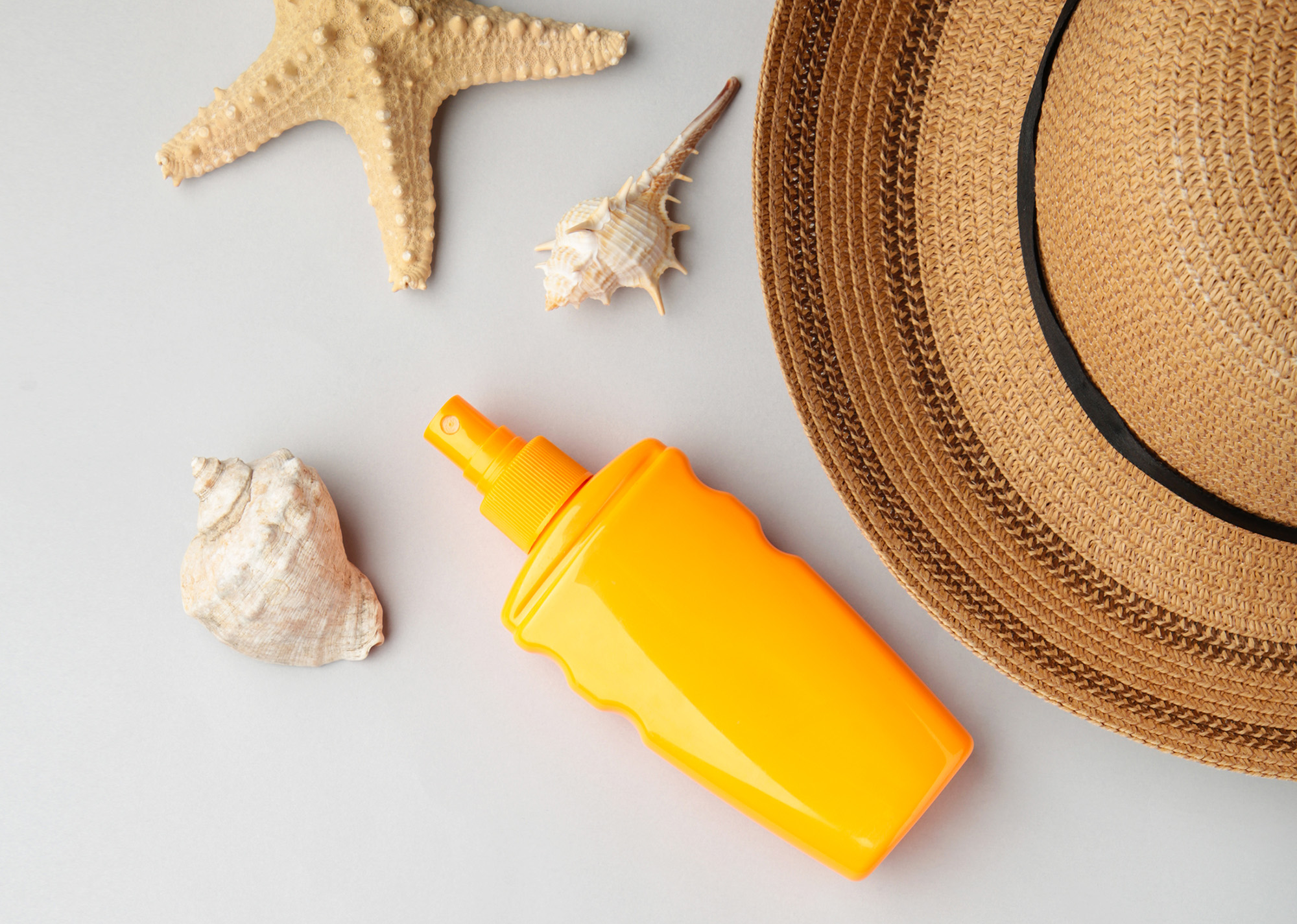
Sunscreen is essential when spending time at the beach in sunny Singapore, but some products contain harmful chemicals that can pollute and damage marine ecosystems.
While many sunscreens are labelled as “reef-safe”, it’s important to note that these claims may be misleading, as they often only address coral reefs and not other aspects of marine life. To minimise environmental impact, opt for mineral sunscreens and avoid those containing ingredients like oxybenzone, benzophenone-1, benzophenone-8, OD-PABA, 4-methylbenzylidene camphor, 3-benzylidene camphor, nano-titanium dioxide, nano-zinc oxide, octinoxate, and octocrylene.
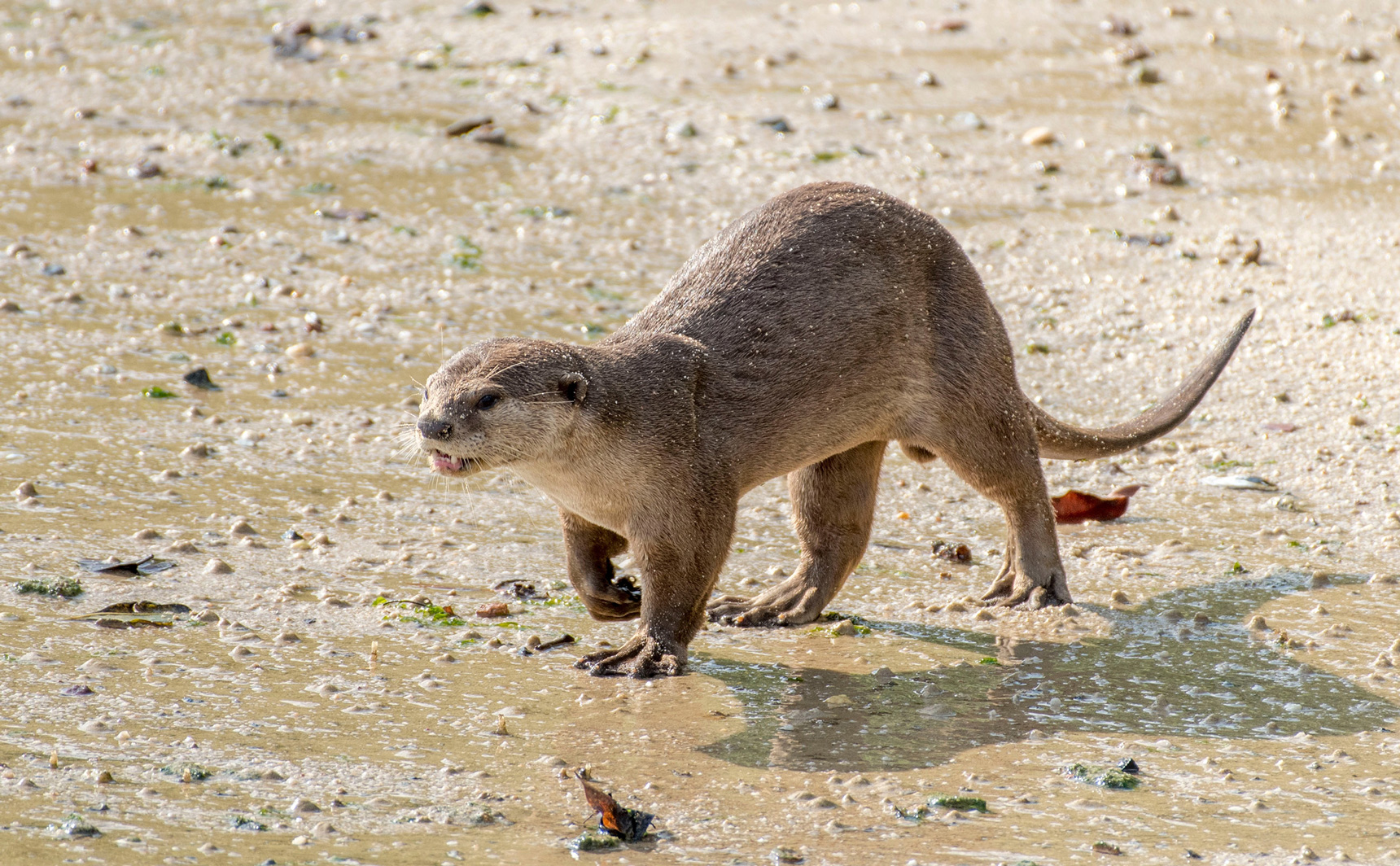
As you stroll along the beach, you may encounter interesting wildlife. While it might be tempting to pick them up or poke them with sticks, it’s best to observe without touching.
Sometimes, you might uncover creatures when picking up a shell or turning over a rock. Avoid doing so, as they could be dangerous, and you might also be exposing marine organisms to the sun, causing them to dry out. If you accidentally disturb any wildlife, gently return them to where you found them and, of course, never take any home. Most of these creatures require specific ocean conditions to survive and will perish if removed from their natural habitat.
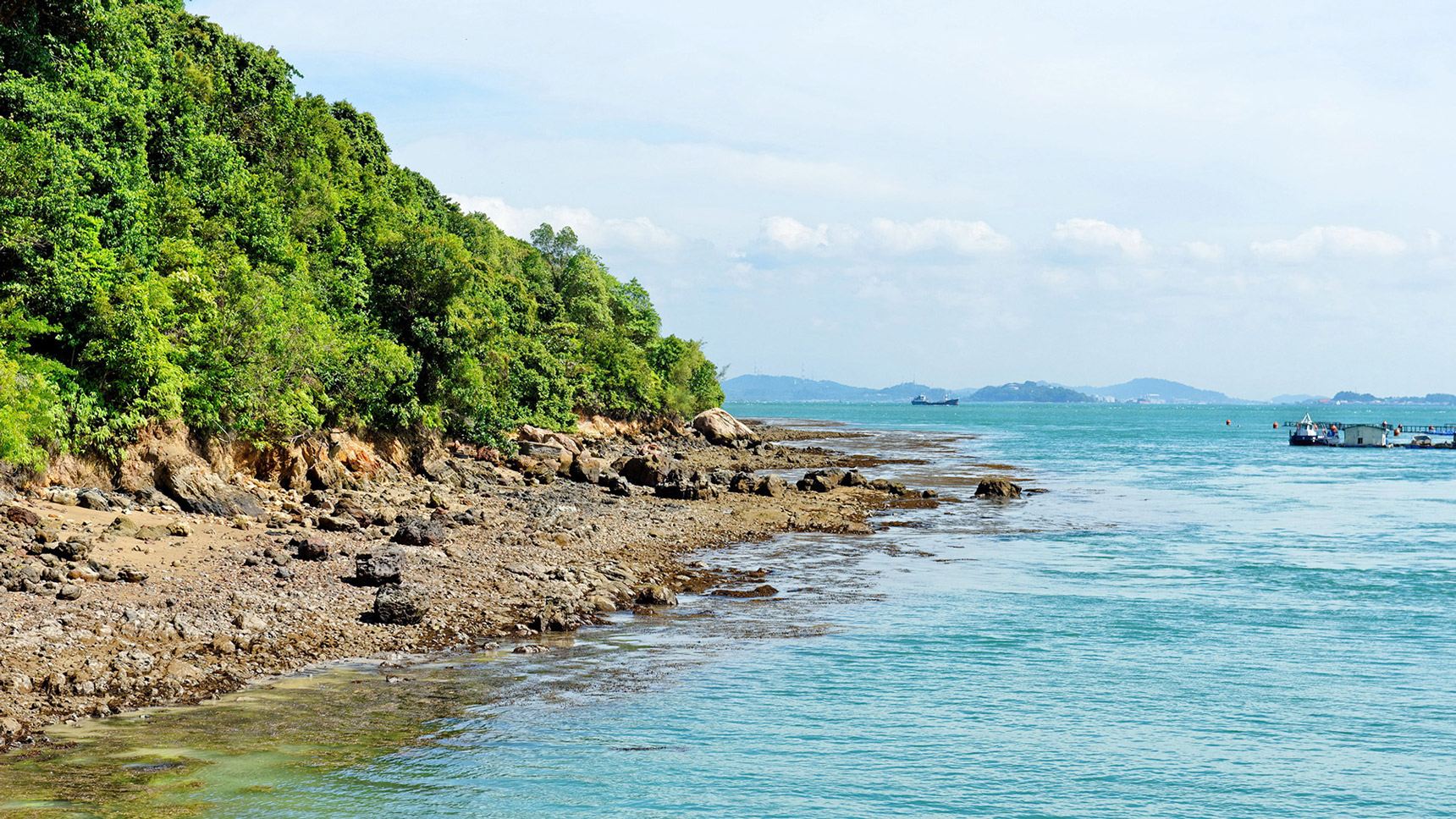
We can develop a deeper love and respect for marine habitats through fun and educational experiences. Why not join a guided tour to learn more about the fascinating oceanic wildlife while receiving expert tips on how to spot and interact with them responsibly? Discover why lifting wildlife out of the water or relocating them to “save” them might be harmful, and why it’s crucial to wet your hands first if you ever need to touch them. Our actions can have a significant impact on these small native species, and such tours will inspire us to protect them whenever possible.
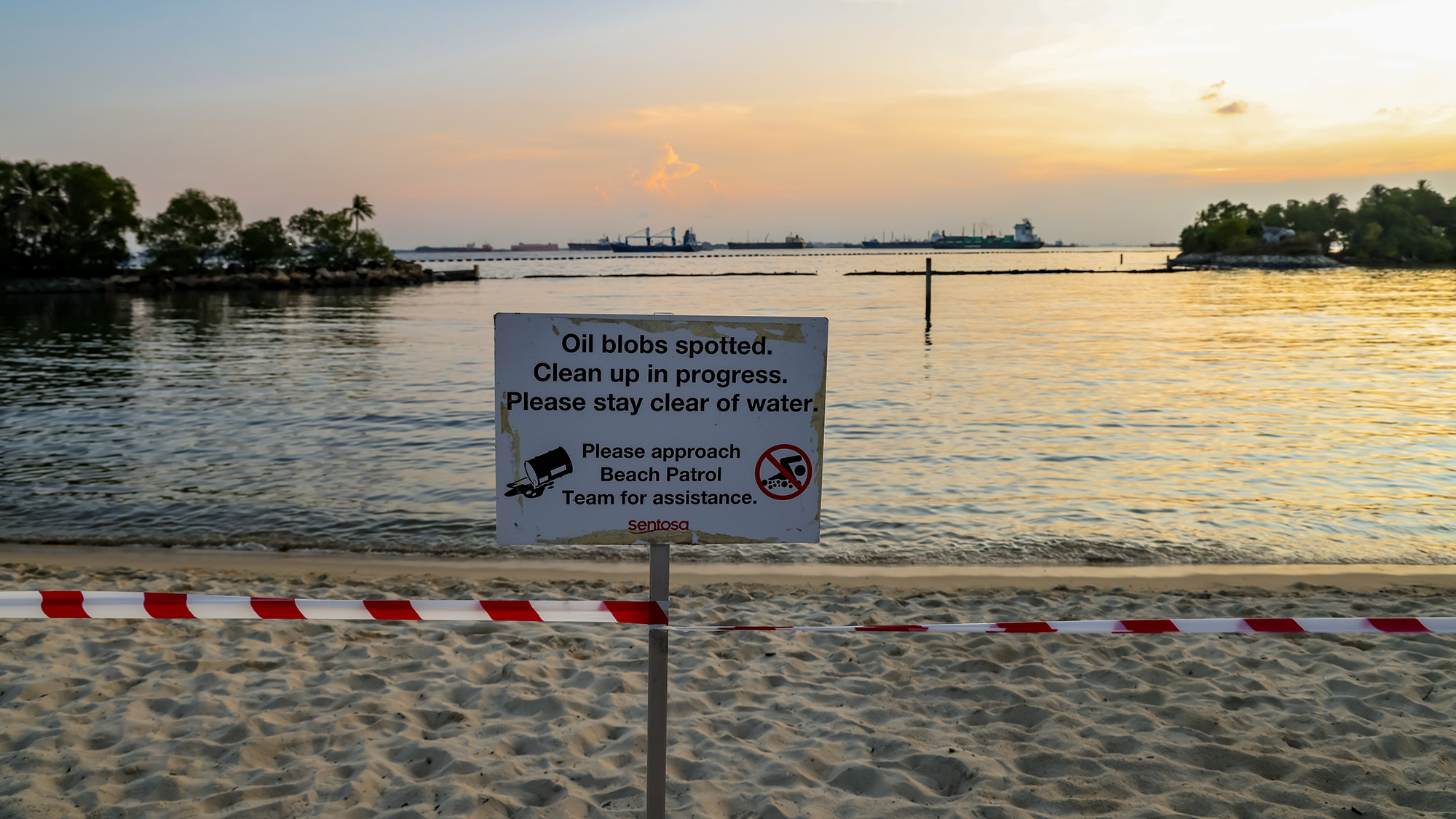
In Singapore, the authorities continuously monitor the oceanic ecosystem, including changing conditions that can affect both nature and visitors. Beaches are particularly sensitive to climate shifts and human activity, which is why it’s important to heed official signs and stick to designated trails. By doing so, you’re not only protecting the fragile environment but also safeguarding yourself from potential accidents or unseen dangers, such as polluted waters.
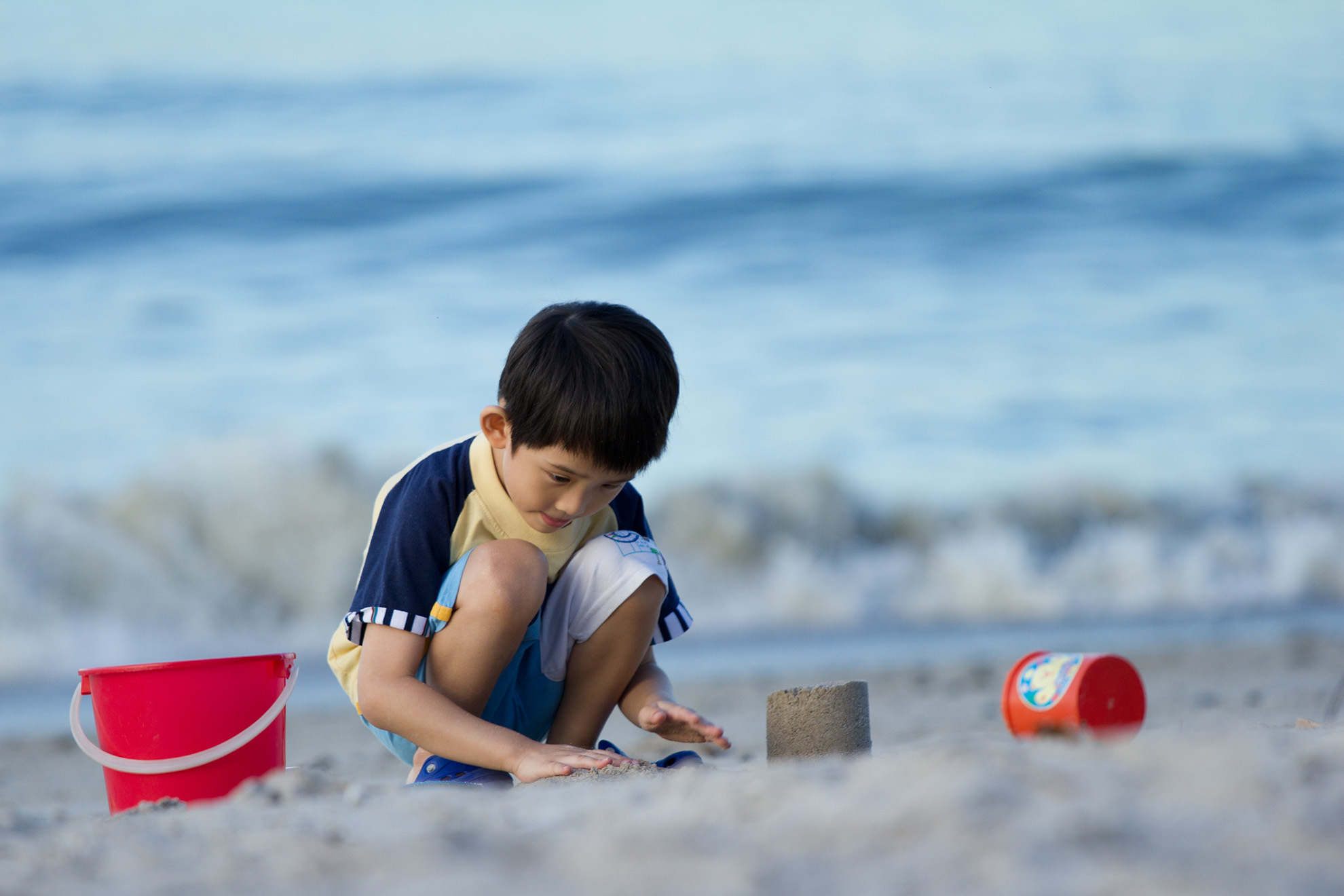
The beach ecosystem is delicate and even the most innocent activities can disrupt its balance. For example, building sandcastles may unintentionally harm underground wildlife or destroy their habitat. If you do engage in such activities, be sure to restore the area to its original state before you leave. In the case of sandcastles, level the sand and fill in any holes you’ve created.
When it comes to recreation or exploration, stick to designated areas to minimise your impact. Facilities like barbecue pits, wash points, and benches are thoughtfully placed to minimally disturb the environment, so using them ensures a safer and more enjoyable experience for everyone.
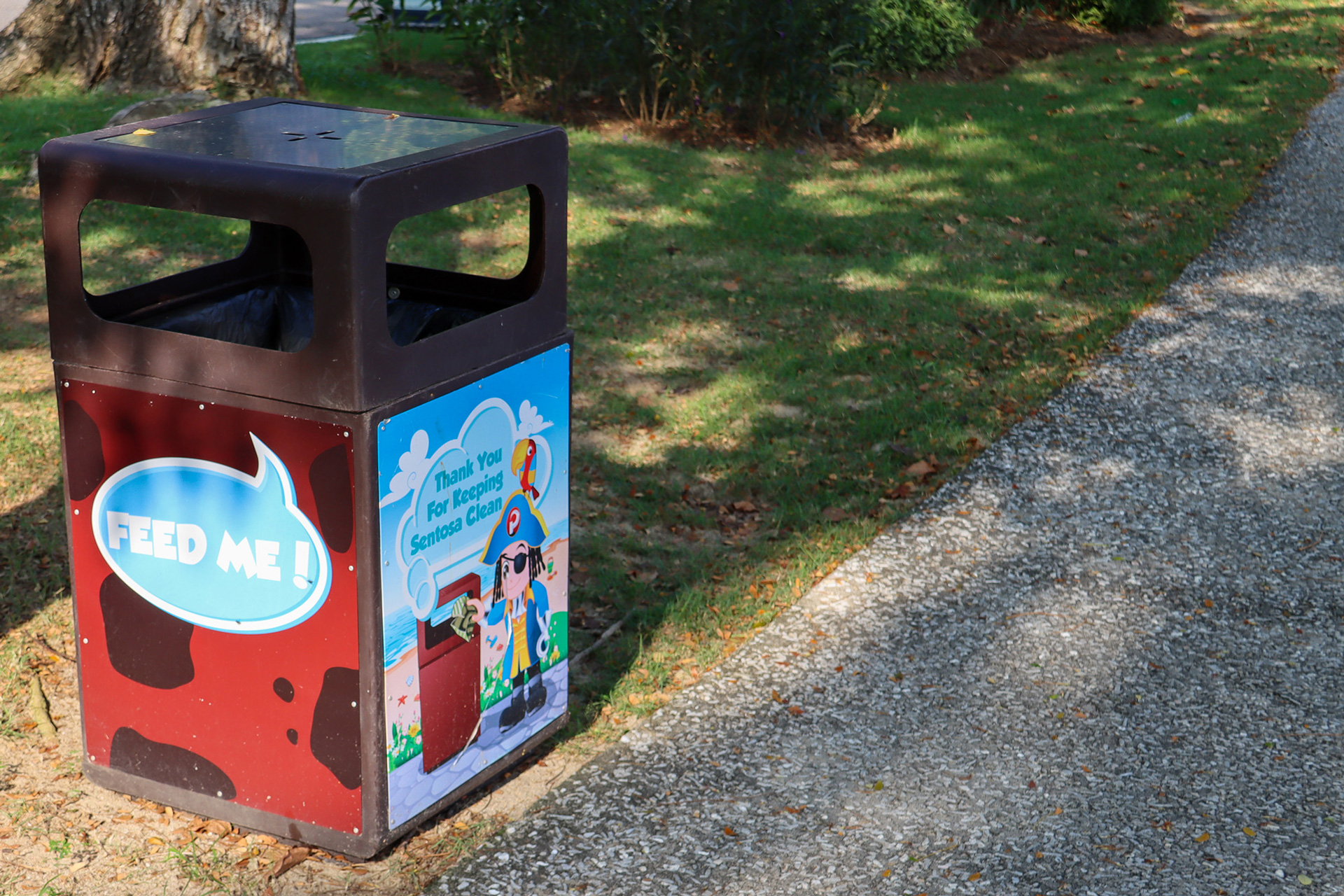
It is essential to properly dispose of all trash while at the beach. Sometimes, bins near busy areas may become full. Instead of trying to force in your waste, find the next available bin. Overfilling a bin can lead to ruptured bags, which create more mess, or loose packaging and waste being blown back onto the beach, potentially leaching harmful chemicals into the environment. Food waste can also become an issue if not properly wrapped, as it can attract unwanted insects or animals. The best approach is to bring along a garbage bag and dispose of your trash away from the beach whenever possible.

Accidents like the one on 14 June can always happen again, especially with Singapore’s busy port. While authorities such as the National Environment Agency (NEA) monitor the waters for pollutants, the public can also play a vital role by reporting any incidents or suspicious conditions. If you notice anything unusual, such as groups of dead fish, an oil sheen, a foul odour, or an odd sighting that you can’t explain, call the NEA hotline at 6225 5632 to alert the officials. Avoid checking on the situation yourself; instead, contact the authorities and let them guide you on the next steps.
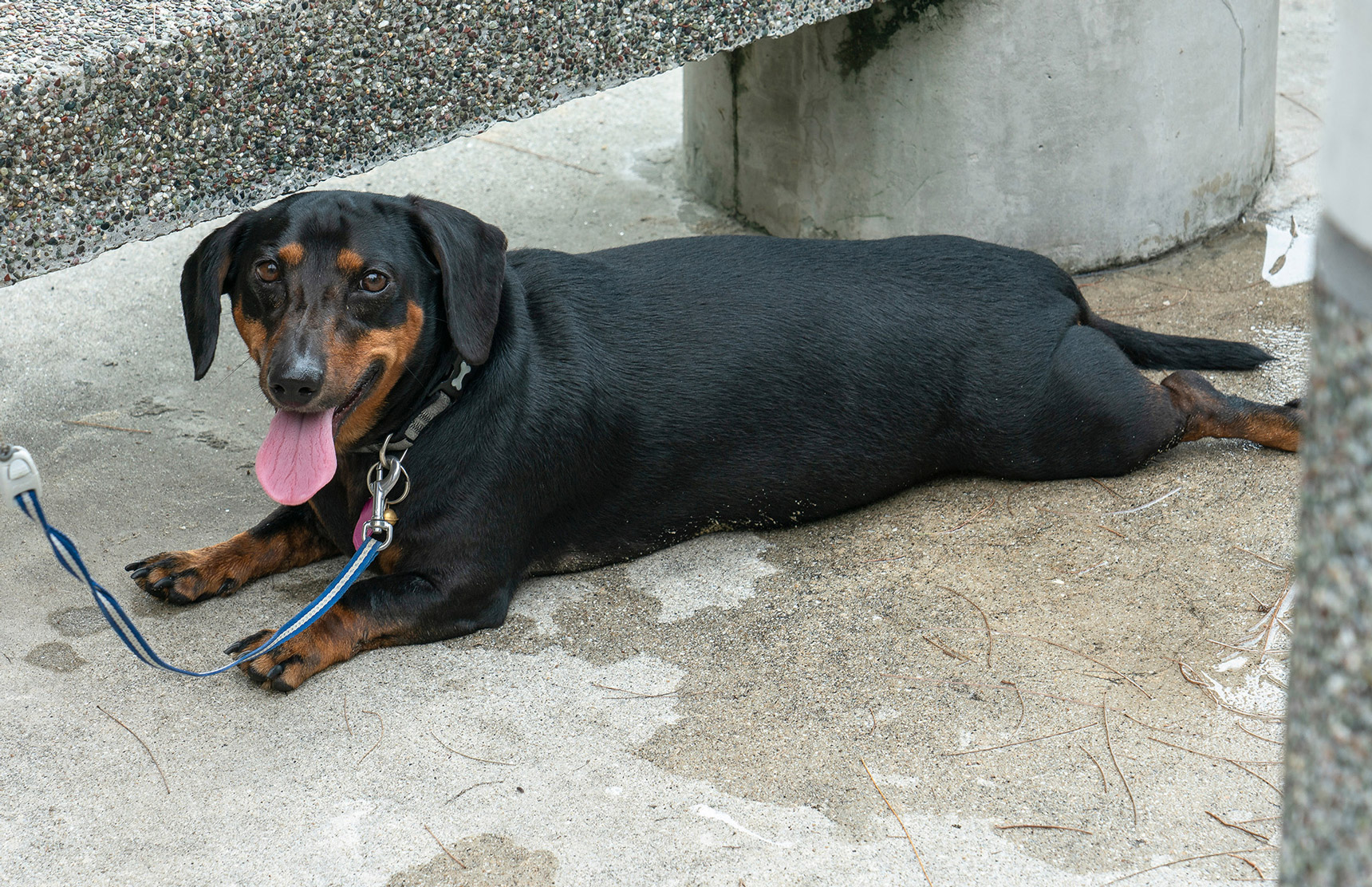
While the image of your dog or other pets playing by the beach is endearing, it may not be the best for marine wildlife. Even the most well-behaved animals can become overly curious and disturb creatures along the shoreline and their waste may introduce harmful bacteria into the ecosystem.
Although it’s generally safe for pets to play in the water, keeping them on a leash protects both your fur kids and the environment, as it gives you more control over their activities and helps prevent unintended harm to the environment.
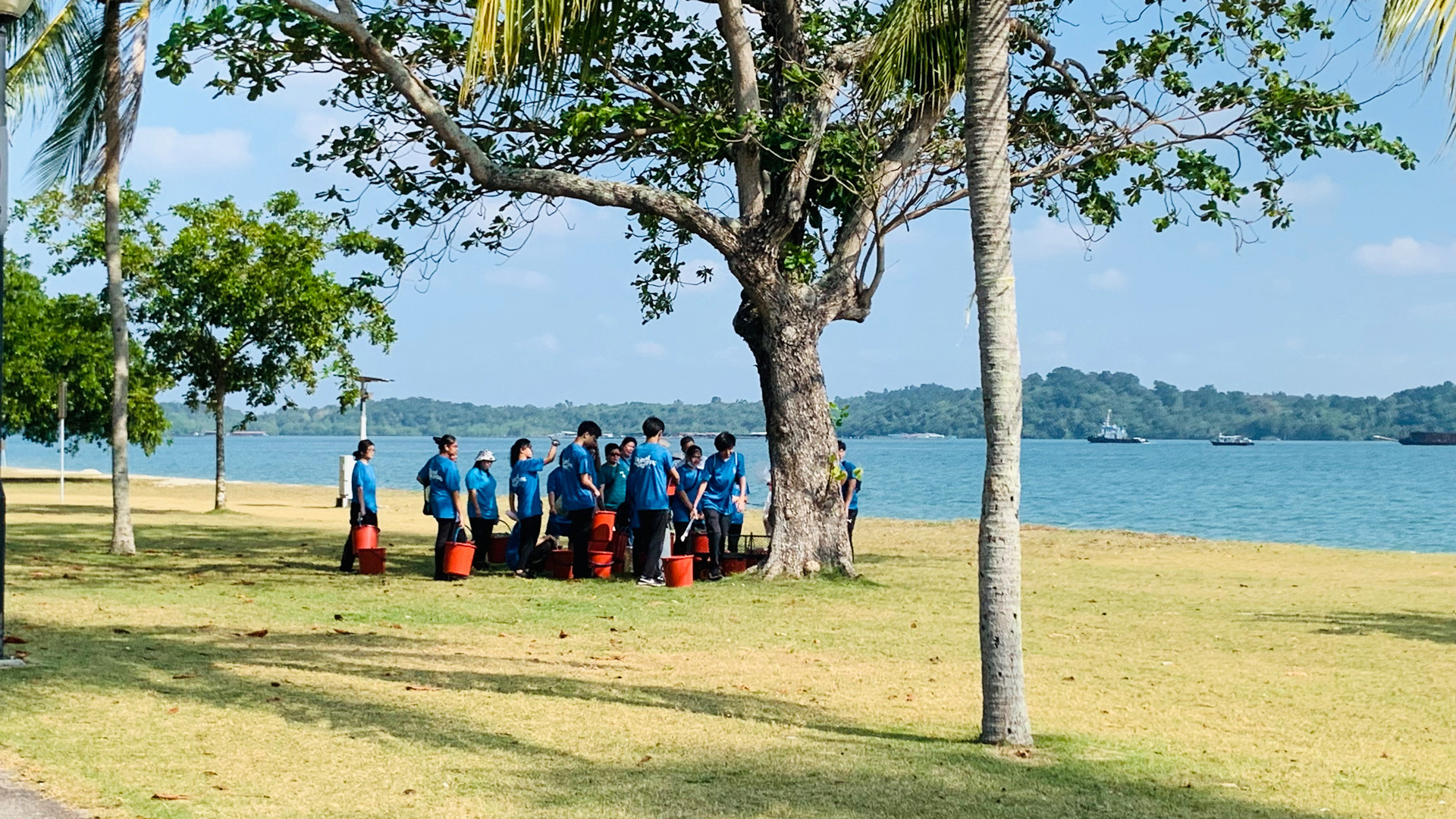
One of the best ways to help preserve our beaches is by participating in clean-up efforts — and it doesn’t have to be a large, organised event. Anyone can volunteer their time by following the Public Hygiene Council’s guidelines and help clear litter or debris at their own convenience. There’s no requirement on how long you need to participate or how much area you need to cover — most importantly, every little bit helps.
If you’re interested in making a bigger impact or meeting like-minded people, check online for local clean-up efforts on platforms like volunteer.sg or Eventbrite.
Like our stories? Subscribe to our Frontline Digital newsletters now! Simply download the HomeTeamNS Mobile App and update your communication preference to ‘Receive Digital Frontline Magazine’, through the App Settings.





